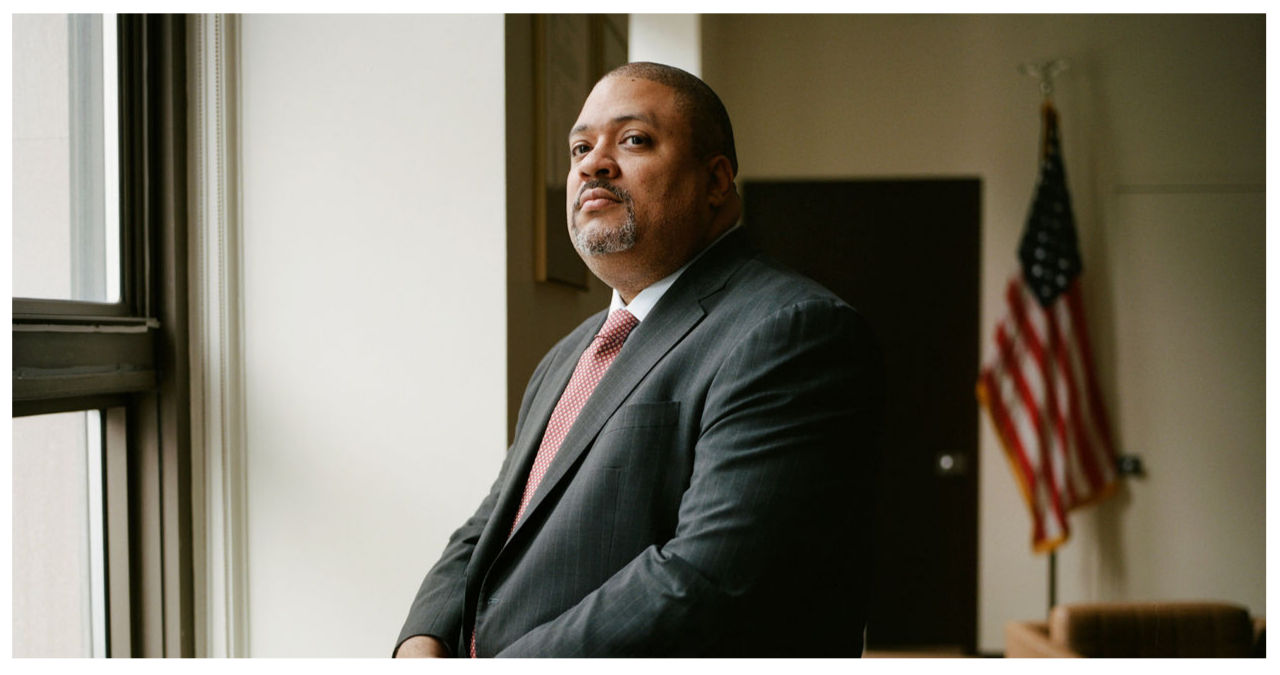Jamiesfeast – The case filed by Manhattan District Attorney Alvin Bragg stands out as the upcoming case with the highest likelihood of criminal prosecution amidst the ongoing debates and public discourse surrounding other major cases of presidential records mismanagement and conspiracy to incite insurrection.
This case involves election interference, sexual intrigue, and a cover-up before Trump had the protection of the presidency that could potentially shield him from prosecution. There are no valid arguments for immunity in this situation since he was an ordinary citizen when the alleged criminal acts were planned and carried out. He had no “special status” – just a regular citizen like you or me.
According to coverage in Newsweek on the MSN platform, a former Watergate prosecutor has stated that Donald Trump’s upcoming trial in New York, regarding payments made to adult movie actress Stormy Daniels, is just as formidable as other legal battles the former president is currently facing.
Nick Akerman, a former assistant special prosecutor, discussed allegations on CNN NewsNight with Abby Phillip regarding the former president’s involvement in a scheme to fabricate documents. This scheme was allegedly carried out while reimbursing his former lawyer, Michael Cohen, through a series of checks as part of a “hush money” payment made to Daniels in 2016.
Donald Trump, the former president, has entered a plea of not guilty to 34 felony charges related to the case. He has consistently asserted that this is a politically motivated witch hunt designed to undermine his pursuit of the presidency. In January, Daniels announced that she is prepared to testify in the trial, which is scheduled to commence on March 25th in New York. Despite the delays and appeals in other cases, the trial has been firmly set for this date.
According to an article by The New York Times, Mr. Bragg has portrayed the case as a straightforward example of election interference, where a candidate deceived the American people in order to secure the presidency in 2016. The district attorney argues that Mr. Trump accomplished this by hiding an illegal payment to a porn star, thereby concealing damaging information from voters shortly before they went to vote.
Mr. Bragg is poised to make history as the first prosecutor in US history to bring criminal charges against a former American president.
Mr. Bragg highlighted the significance of those checks and other documents, asserting that Mr. Trump had been dishonest about repaying Mr. Cohen in order to conceal the real intention behind it. The company of the ex-president falsely categorized the reimbursement as a “legal expense” in their internal records, prompting Mr. Bragg to level 34 felony charges against Mr. Trump for falsifying business records.
Falsifying business records is considered a misdemeanor offense in New York. However, to upgrade the charge to a felony, the district attorney, Alvin L. Bragg, must demonstrate that Mr. Trump had the “intent to defraud” in connection with another criminal act. It is not necessary for prosecutors to actually charge Mr. Trump with the secondary crime or provide evidence that he committed it.
Falsifying business records in New York can result in either a misdemeanor or a felony charge, depending on the severity. Let’s take a closer look at the details:
-
- Falsifying Business Records in the Second Degree:
- This is a class A misdemeanor (N.Y. Penal Code § 175.05).
- It involves intentionally making false entries in business records.
- The penalty for this offense is less severe.
- Falsifying Business Records in the First Degree:
- This is a class E felony (N.Y. Penal Code § 175.10).
- It includes the same act of falsifying business records, but with additional elements:
- Intent to defraud that includes an intent to commit another crime or aid/conceal its commission.
- This charge is more serious and can result in harsher penalties.
- Falsifying Business Records in the Second Degree:
Prosecutors in New York often rely on the charge of falsifying business records in the first degree to hold individuals accountable for a range of criminal activities. This charge has been applied in cases involving tax evasion, insurance fraud, and other forms of deceptive practices.
If Donald Trump is found guilty of a Class E Felony in New York, he may be sentenced to imprisonment for a period of one to four years, in addition to facing fines and other potential consequences.

